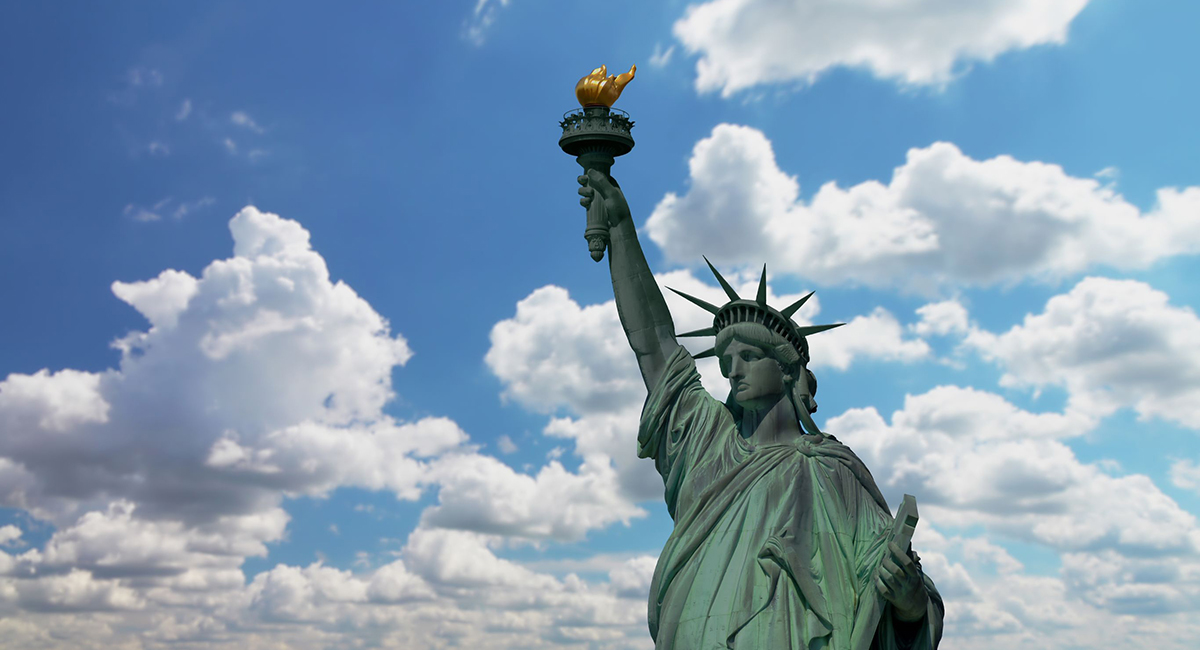On September 9th a federal court ordered Texas Gov. Greg Abbott to remove a 1,000-foot line of buoys from the Rio Grande. The buoys are part of Operation Lone Star—a Texas initiative to secure the state’s southern border, stop the smuggling of drugs and contraband, and interdict transnational criminal activity. Although the judge’s opinion was based on the obscure Rivers and Harbors Appropriation Act of 1899, it raises the issue of state authority over immigration.
The Biden administration favors an open southern border, and in 2022, according to Customs and Border Protection data, 2.76 million aliens entered the United States contrary to law. Some estimates indicate that illegal immigration costs Texas taxpayers over $13 billion per year. Understandably, Gov. Abbott seeks to return order and fiscal sanity to the southern border with various state initiatives such as the buoy line.
The big question is whether the states have any role in immigration policy. The district judge considering the buoy matter said “no” and pointed to the Constitution’s Naturalization Clause as “a textually demonstrable constitutional commitment of immigration to the [federal] legislative branch.” This is commonsensical, right? After all, don’t we have a federal agency dedicated to immigration and border enforcement?
When examining Congress’s enumerated powers, there is no mention of a power over immigration. Congress has the authority “[t]o establish an uniform Rule of Naturalization,” but that’s it. According to Professor Ilya Somin of the Antonin Scalia Law School, “The doctrine that Congress has broad ‘plenary’ power over immigration is . . . rarely questioned. But it is actually an emperor walking around without clothes, or at least far more scantily clad than most assume.”
The Naturalization Clause was included in the Constitution to remedy a defect in the Articles of Confederation whereby aliens could seek naturalization in a state with a liberal naturalization policy and then later move to a state with more rigid restrictions and still enjoy rights of naturalized citizens. A uniform system of naturalization was needed.
There is nothing in the debates at the Philadelphia Convention equating naturalization with immigration. The power to determine who is eligible to become a naturalized citizen is not the same thing as the power to determine who may cross a state border.
A distinction between naturalization and immigration might sound odd to modern ears, but both James Madison and Thomas Jefferson in the late 1790s argued that certain congressional statutes touching on immigration were unconstitutional infringements on state power. For example, the Alien Friends Act of 1798 permitted the president to expel all aliens that he deemed dangerous to the peace and safety of the United States. An alien who was expelled and who later returned to the United States could be imprisoned by the president for an indeterminate period.
In his Kentucky Resolution of 1798, Jefferson declared the Alien Friends Act void on the grounds “that alien friends are under the jurisdiction and protection of the laws of the State wherein they are; and that no power over them has been delegated to the United States.” Madison concurred with Jefferson. He believed alien friends to be under state law and subject to punishment only in the state where they resided.
Americans should revisit the constitutional theory of these two giants as we contemplate our current immigration fiasco and Gov. Abbott’s efforts. We have assumed Congress has the constitutional authority to regulate immigration, but this assumption is working to our detriment.
Recent polling shows that the American people are concerned about the level of legal and illegal immigration. The current open-borders policy promises a massive demographic and cultural shift. In the age of terrorism, it is also a convenient way for our enemies to easily cross into the United States and plan attacks. Moreover, as working-class Americans struggle to survive economically, the flood of cheap (and illegal) labor into the country only dims their economic prospects.
If the federal government will not undertake reasonable measures in the realm of immigration, the states should. Jefferson and Madison would no doubt endorse Gov. Abbott’s approach.












